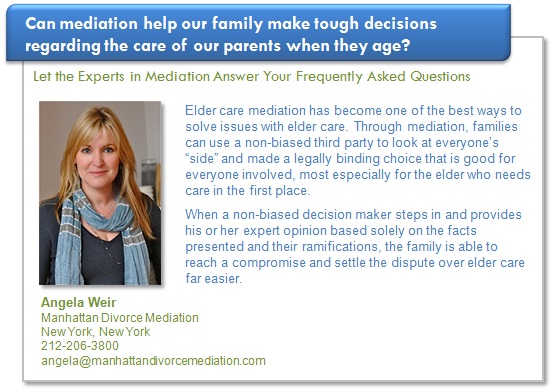Divorce and Social Networking Sites - According to Divorce-Online, Facebook was named in one-third of all divorce filings in 2011. So, whether you are already in the midst of your divorce and letting your Facebook friends know what is going on or if you are engaged in activities that can be found out about because of the social networking information you have made available about yourself, that information is more than likely going to be seen by people you would rather did not have access to it. And remember, there is no way to un-ring the bell.
The Seven Virtues of Divorce - Let’s just face the simple math of marriage for a moment, that one of every two wedded unions in the US ends in divorce. By itself, this statistic says nothing about whether divorce is bad or good — it simply tells us that it happens all the time. If you are in a restaurant with your spouse eating dinner next to a married couple, you can know with sun-rising certainty that one of your marriages will eventually end in divorce.





